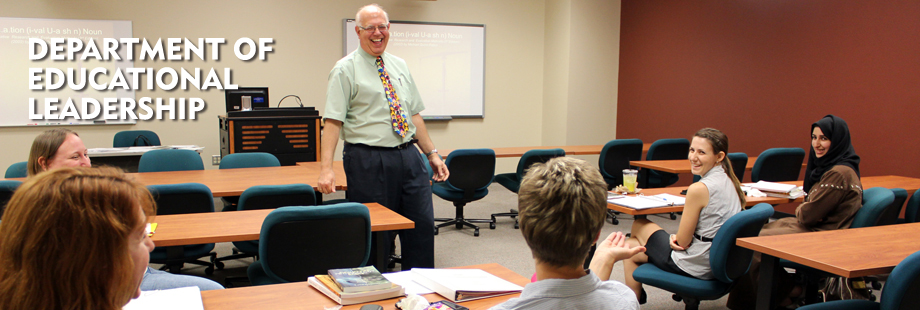Document Type
Article
Publication Date
1-2017
Publication Source
Frontiers in Education: Leadership in Education
Abstract
Every year, billions of dollars are spent on development aid and training around the world. However, only 10% of this training results in the transfer of knowledge, skills, or behaviors learned in the training to the work place. Ideally, learning transfer produces effective and continued application by learners of the knowledge and skills they gained through their learning activities. Currently, there is a limited body of research examining the factors that hinder and promote learning transfer in professional development, particularly the professional development of school leaders in developing countries. This qualitative exploratory study sought to address the gap in the literature by examining six schools: three in Burkina Faso and three in Ghana, West Africa. This investigation explored what promoted and hindered learning transfer in both countries. The sample consisted of 13 West-African school leaders (6 in Burkina Faso and 7 in Ghana) who attended a 3-day leadership training workshop. Data collection included in-depth interviews, document analysis, post-training site visits, and text messages to ascertain whether this mobile technology intervention enhanced learning transfer. The findings demonstrated that learning transfer occurred in both countries in all six schools. Data indicated that most of the transfer of learning happened in areas not requiring mindset and behavioral changes. Data suggested that the facilities in which the trainings took place, the facilitators’ dispositions and knowledge, the adequacy of the materials as well as the testimonials and certificate of completions enhanced the transfer of learning. Participants also indicated some inhibitors to the transfer of learning, such as financial, cultural, and human behavior constraints. This study helps increase our understanding of what promotes and inhibits learning transfer in educational settings in Burkina Faso and Ghana and provides suggestions for trainers and teachers who facilitate trainings.
ISBN/ISSN
2504-284X
Document Version
Published Version
Copyright
Copyright © 2017 Brion and Cordeiro
Publisher
Frontiers
Volume
2
Issue
69
Peer Reviewed
yes
Keywords
learning transfer, school leadership, developing country, low-fee private schools, professional development, education, sub-Saharan education
eCommons Citation
Brion, Corinne and Cordeiro, Paula A., "Learning Transfer: The Missing Link to Learning Among School Leaders in Burkina Faso and Ghana" (2017). Educational Leadership Faculty Publications. 235.
https://ecommons.udayton.edu/eda_fac_pub/235
Included in
Educational Assessment, Evaluation, and Research Commons, Educational Leadership Commons, Higher Education Administration Commons




Comments
This is an open-access article distributed under the terms of the Creative Commons Attribution License (CC BY). The use, distribution or reproduction in other forums is permitted, provided the original author(s) or licensor are credited and that the original publication in this journal is cited, in accordance with accepted academic practice. No use, distribution or reproduction is permitted which does not comply with these terms.